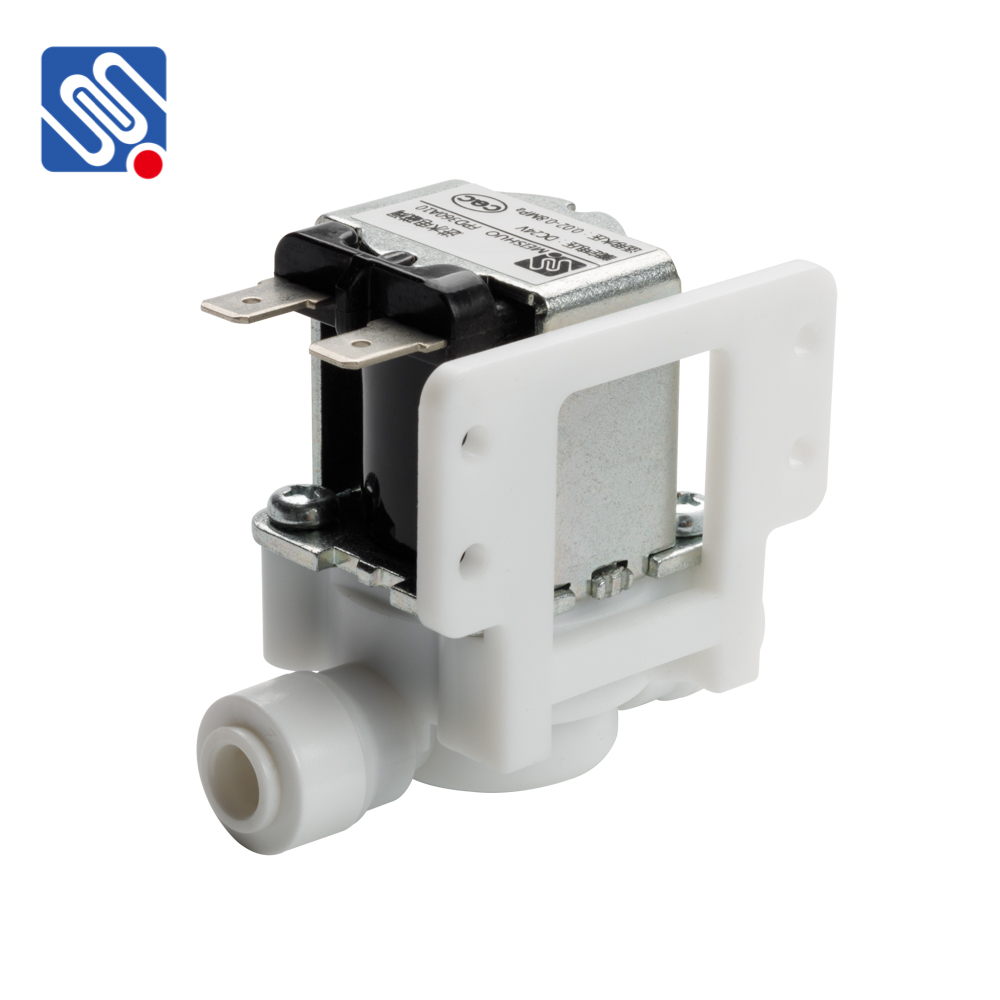stainless steel and plastic solenoid valve: a comparison of durability and applications
Release time:2025-08-12 05:39:54
Solenoid valves are essential components in fluid control systems, and they come in various materials to cater to different industry needs. Among the most popular materials for solenoid valves are stainless steel and plastic, each offering unique advantages and disadvantages. These valves are used in a wide range of applications, from industrial to residential systems, and understanding the differences between stainless steel and plastic solenoid valves can help in making informed decisions for specific applications.

What is a Solenoid Valve? A solenoid valve is an electromechanical valve used to control the flow of liquids or gases within a system. It consists of a coil, plunger, and valve body, and it operates by converting electrical energy into mechanical movement, enabling the valve to open or close. The choice of materials for the valve body plays a crucial role in determining the performance, longevity, and suitability of the valve for various applications. Stainless Steel Solenoid Valve Stainless steel solenoid valves are known for their robustness and ability to withstand harsh environments. Made from high-quality alloys, these valves are highly resistant to corrosion, making them ideal for applications involving aggressive chemicals or high-pressure systems.

